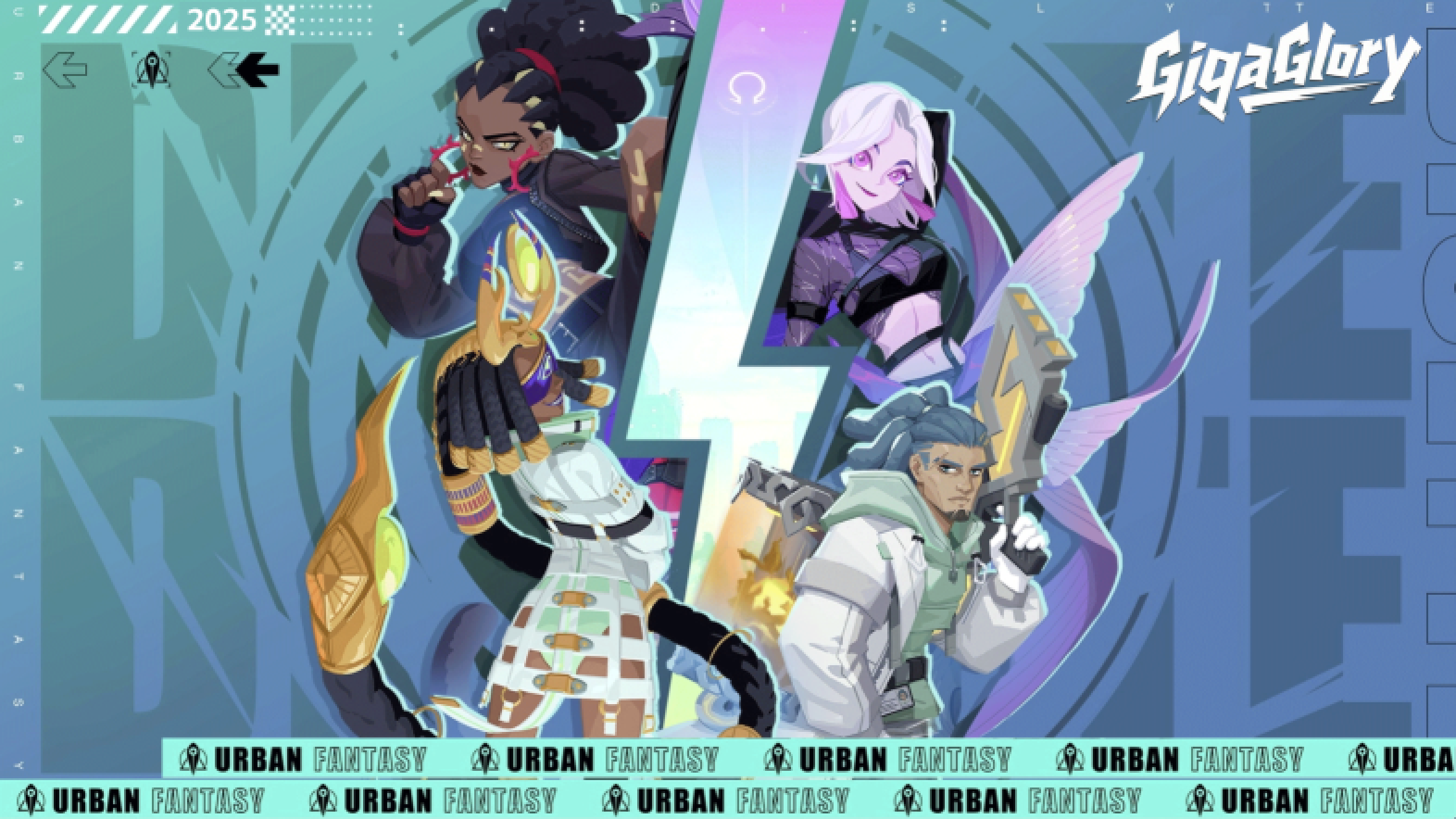Unlocking Creativity: How Simulation Games are Redefining Fun and Learning in Modern Gaming
In the vast universe of digital gaming, simulation games have emerged as an innovative force that marries enjoyment with educational experiences. These games encourage players to engage deeply with their virtual environments, unlocking creativity and fostering learning opportunities through gameplay. In this article, we will explore how simulation games are reshaping fun and merging it with meaningful lessons, especially for players in the Czech Republic.
The Rise of Simulation Games
Simulation games, unlike traditional narratives or action-packed adventures, focus on realistically replicating real-world activities. They come in many forms, from city-building games to life simulations and educational tools. Titles like "The Sims" and "Cities: Skylines" not only entertain but also teach players about resource management, strategic planning, and problem-solving. It's intriguing how these games redefine the lines between gaming and education.
Key Features of Simulation Games
- Realistic Scenarios: Players often find themselves dealing with the complexities of real life, which enhances critical thinking skills.
- Creative Freedom: Extensive customization options allow players to express their creativity while learning.
- Social Interaction: Many simulation games offer multiplayer features, promoting teamwork and cooperation among players.
This multifaceted nature makes simulation games a unique genre that can appeal to a wide range of audiences, from casual gamers to educational institutions.
Impact on Learning Through Gameplay
For players, especially in educational settings, the lessons learned from simulation games can be invaluable. Let's take a closer look at some benefits:
| Benefit | Description |
|---|---|
| Critical Thinking | The complexity of scenarios pushes players to develop logical strategies and solutions. |
| Resource Management | Games often require players to manage resources wisely, reflecting real-life economic principles. |
| Creativity | With options for customization, players can develop unique solutions to challenges. |
Educational institutions in the Czech Republic are beginning to recognize these benefits. By incorporating simulation games into their curricula, schools can enhance student engagement while fostering essential skills.
Exploring Modes of Engagement
Simulation games also cater to varied preferences. For those who enjoy offline experiences, *offline RPG games* offer immersive worlds where players can practice learning at their own pace. Take "Tears of the Kingdom" as an example; its korok seed puzzle types inspire creativity and enhance problem-solving skills in a fun yet challenging way. Here’s a look at different engagement modes:
- Single-Player Mode: Ideal for individual exploration and self-paced learning.
- Multiplayer Mode: Encourages collaboration and communication among players.
- Scenario-Based Challenges: Poses real-world scenarios for players to navigate, enhancing decision-making skills.
Frequently Asked Questions
What makes simulation games unique?
Simulation games focus on replicating real-world activities, allowing players to learn through experience and creativity.
Can simulation games be educational?
Absolutely! Many simulation games teach resource management, critical thinking, and strategic planning, making them valuable educational tools.
What are some popular simulation games?
Some popular titles include "The Sims," "Cities: Skylines," and "Planet Coaster." Each offers unique gameplay that combines entertainment with learning.
In conclusion, simulation games are much more than just a passing trend in the gaming industry. They are redefining how we perceive fun and learning, especially for players in the Czech Republic. By fostering creativity, problem-solving, and critical thinking skills, these games have truly unlocked a new way of engaging with digital entertainment. As we continue to explore the immersive worlds that simulation games offer, we discover not just a method of entertainment, but also a pathway to knowledge and innovation.
```


